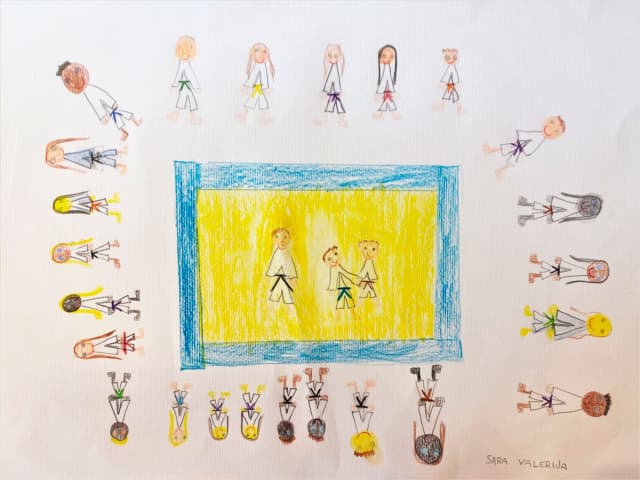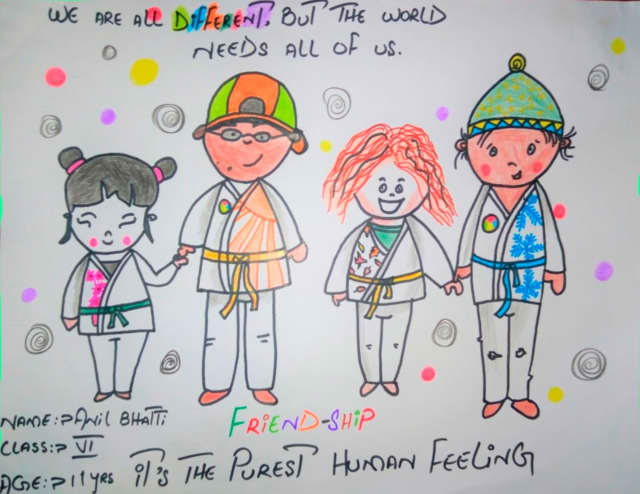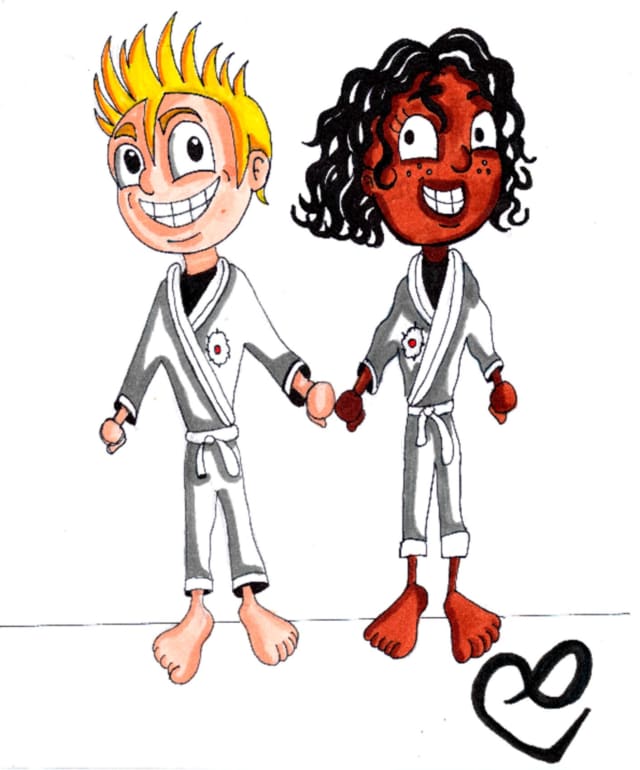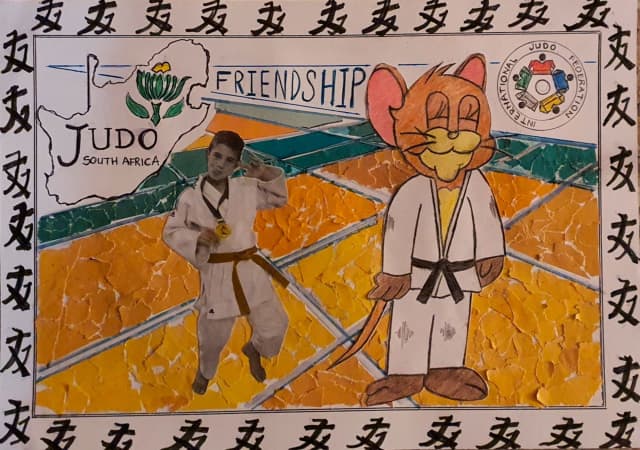Who speaks of friendship certainly speaks of relationship and if this is something complicated it is good to understand at least its essence. Friendship is generally defined as a mutual attraction between two people who do not belong to the same family. This is extremely close to love and meets the same requirements and rules, except for the nuances that in friendship there is no exclusivity and no physical attraction.
There is therefore in the choice of friends, a notion of powerful freedom that puts us ahead of intimate choices. Friendship is linked to resemblance or complementarity. It implies common objectives, similar tastes, a shared passion, a perfect understanding. It is a relationship of exchange in which everyone is enriched. Finally, friendship resists time and change.
The need for friendship has existed for centuries and at all ages. It is a feeling that heals because surrounding yourself with friends helps develop self-esteem, calms anxiety and sends stress back to the locker room. Learning from childhood teaches the foundations of life in society and in human relationships. We could therefore say that friendship rests on five pillars: commitment, confidence, honesty, community and trust, because friendship without trust is like a flower without perfume.
However, we must be careful not to take friendship for what it is not, because it can also become toxic and it is absolutely necessary to base our relationships with others on sharing and respect, on a balanced relationship of acceptance, without destructive judgment or treason. It is often said that friends are there when things are going well, but even more when things are challenging. Friendship implies support and listening in bad times, laughter and common activities in good times.
If we relate this to judo; the atmosphere that reigns in a dojo creates the necessary conditions for the development of friendship. Words such as support, listening, commitment, trust, honesty and confidence are all intimately linked to the practice of the sport. It is therefore not surprising that we speak of community, even family, in the broadest sense of the words, when we talk about what unites us, as a judoka, whatever our origins and our social status is. Whether you are Portuguese, Egyptian, Mongolian, a New-Zealander or Peruvian, you will always find the door of a dojo to push and friends who will be there to support and help you, without expecting anything in return.
The magic paradox of judo is that beyond the notion of opposition which is linked to the very nature of sport, it generates ties which strengthen understanding both at the individual level and at the level of nations.
In light of all this, asking yourself the question of friendship in life and on a tatami is much less trivial than it may seem. Friendship is a privileged relationship based on affinities and mutual sympathy, a form of freely chosen attachment that owes nothing to blood ties. Talking about friendship also amounts to talking about love, the border between one and the other being particularly tenuous. In both cases, it is a matter of loving the other for what he or she is and what he or she represents, without scolding judgment.
In general, friendship evokes joyful and friendly feelings. Having friends is to prevent loneliness, it is to develop complicity, it is also to share memories and build common projects and it is finally to be able to count on each other, especially when there must be travel through life's difficulties. Yet friendship, true and deep, must not be reduced to a simple benevolent understanding, which is rather the characteristic of camaraderie.
Victor Hugo said: “Friendship is being brother and sister, two souls that touch each other without being confused, two fingers of the hand. Love is to be two and to be only one. A man and a woman who melt into an angel. It is the sky.“ Beyond the poetry of words, we see that friendship and love call upon the same forces that allow the individual and the community to build a more just society. Our subject being friendship, we can therefore say that it is a calm passion that we, judoka, can maintain on the tatami and that we have the duty to transmit to our young people if we want to leave them a more peaceful world.
Nowadays, globalisation has increased competition between economies and countries, as well as inequalities and our societies have fallen into the trap of easy friendship. The advent of social media in our daily lives has changed the way people interact. The Internet has brought a lot of benefits, but also dematerialisation of human bonds. We all have dozens, if not hundreds, of 'Facebook friends' with whom we share everything and sometimes anything on the web. The word 'friend' has lost its varnish, it has become banal, tasteless, a hope of irony, which it is up to us to fight with nobility when we get on the tatami.
By practising judo, we establish connections which give back to friendship all the place that it should occupy in our societies, because we emphasise the benevolence towards our partner (or opponent in competition), on kindness and courtesy, on understanding and mutual respect, by rejecting animosity, antipathy, aversion, hatred, hostility and enmity. We accept the other in what he or she is and not in what we would like him or her to be. The French writer, adventurer, politician and intellectual, André Malraux said (1901-1976): "The difficult thing is not to be with your friends when they are right, but when they are wrong."
What can we do more than cultivate mutual aid, mutual listening, exchange of advice, support, admiration for the other, through sharing our time, all in the mutual trust?
One of the consequences of the maintenance of friendship in our dojo and outside, in our other relational circles, is that we participate more generally in the understanding between peoples. It is therefore not surprising that judo is behind programmes such as Judo for Children, Judo for Peace, Judo for All... Nevertheless friendship doesn't mean to say yes to everything and agree with everything. It should offer the possibility to reflect together and to pass comment on behaviours and thoughts that should be open for debate. There are many instances within friendship that require one person to scaffold the other, to offer them the strategies or converse options with which to make better choices within their lives.
As the writer François Mauriac said: "There is no love or friendship that crosses the path of our destiny without leaving a mark forever." Friendship is the most perfect of human feelings, because it is the most free of them. You just have to open the doors of the nearest dojo to realise it and immediately say to yourself: "This is the beginning of a beautiful friendship". Let us maintain this flame.





